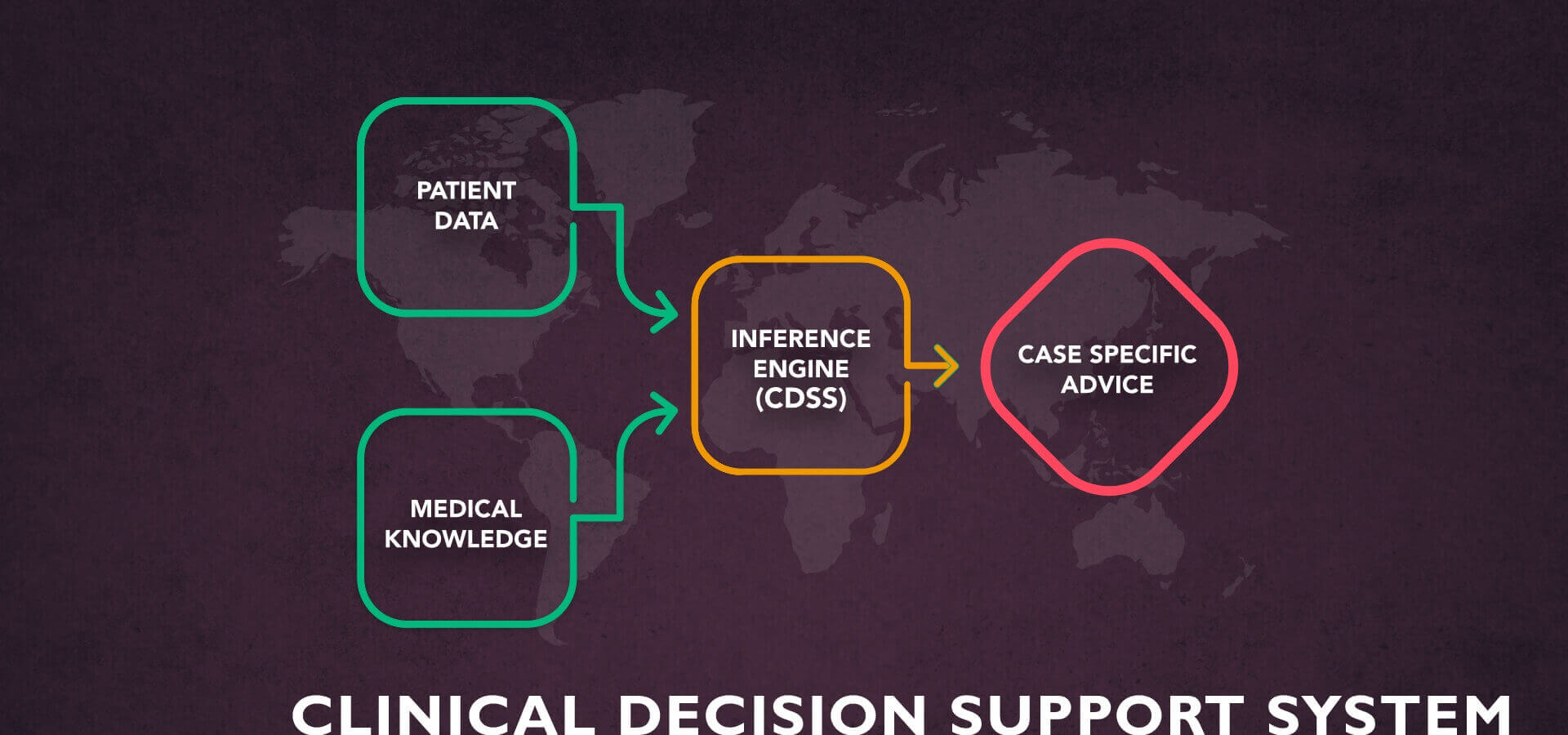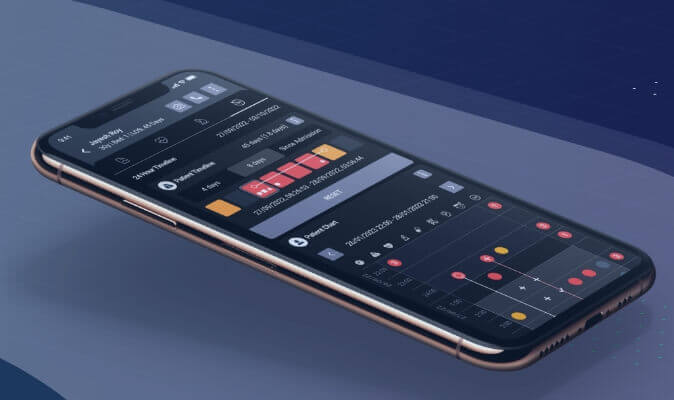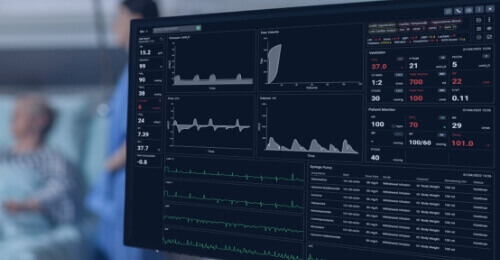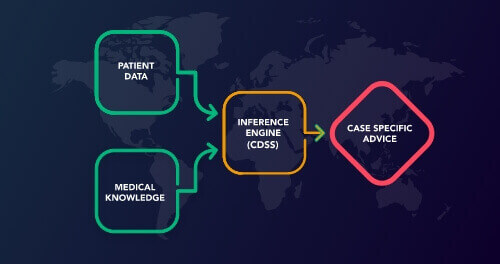

CDSS
Clinical decision support system (CDSS) outlines to help sift through enormous amount of patient
data to catch potential problems and suggest next steps of treatments.
It is a tool that provides clinicians, administrative staff, patients, caregivers, or other members of the care team with information that is filtered or targeted to a specific person or situation.
The main categories of decision support systems
-
Knowledge Driven
-
Document Driven
-
Data Driven
-
Communication Driven
-
Model Based
The tools are merged into the electronic health record (EHR) to streamline workflows and take advantage of existing data sets. Ultimately, clinical decision support system is intended to deliver


The purpose of a clinical decision support system is to assist healthcare providers, enabling an analysis of patient data and using that information to aid in formulating a diagnosis. A CDSS offers alerts to care providers to improve the quality of the care their patients receive.


Benefits of Clinical Decision Support System
Organizations that use clinical decision support systems get more responses from the end-users. They are effective, provide the right treatment, and the best healthcare plan for the patients. Here is how CDSS is helping healthcare professionals:
Reduce the Risk of Errors
Clinical Decision Support could give physicians the idea of dosage according to the patient’s condition. If accurate medication is given, there would be fewer errors.
Improves Efficiency
With CDSS, physicians have better chances of delivering accurate outcomes and also avoiding mistakes.
Information at Fingertips
By using CDSS, the organization is assertive of getting infallible information about specific patients. This information helps them to treat the patient accordingly without wasting time on the research. Also, the CDSS system could easily be updated & validated.
The major components of CDSS

Approach to accurate
clinical data

Approach to pertinent
medical knowledge

Ability to use relevant
problem-solving skills.
An effective CDSS involves six levels of decision making: alerting, interpreting, critiquing, assisting, diagnosing and managing. Automated clinical alerts remain an important part of current error reduction strategies that seek to affect the cost, quality, and safety of health care delivery.
The embedded knowledge component in a CDSS combines patient data and generates meaningful interpretations that aid clinical decision making.
An effective CDSS also summarizes the outcomes, appraises and criticizes the caring plans, assists clinicians in ordering necessary medications or diagnostic tests, and initiates a disease management plan after a specific disease is identified.
What a quality Clinical Decision Dupport System looks like
01
Innovative methods of clinical prediction and decision support
02
Tested parallelly with the available system before implementing it in regular practice
03
Dynamic and flexible environment to ease communication
CDSS System Integration
A CDSS that consolidates with multiple EMRs and patient health records is preferred by the healthcare providers for well-planned decision making. System integration is a challenge in CDSS acceptance. We contrive clinical decision support system that can be easily integrated into an existing practice and EHR.
As per your needs, we can program an intelligent Clinical Decision Support System to recommend detailed medication & investigation classification striking mandated industry standards to reduce the probable drug prescription errors.















